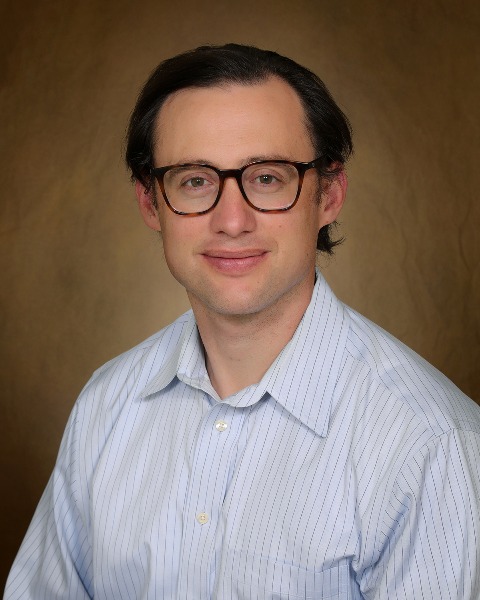
Hunter B. Moore, MD, PhD (he/him/his)
Assistant Professor
Division of Transplant Surgery, University of Colorado School of Medicine
Aurora, Colorado, United States
Hunter B. Moore, MD, PhD is an Assistant Professor of Surgery at the University of Colorado. His research career began in high school working summers in an NIH-funded laboratory on the role of neutrophil activation causing organ injury. This early experience furthered his research efforts as an undergraduate where he was ultimately awarded suma cum laude. During his post graduate training at the University of Vermont College of Medicine, he was inducted into the Alpha Omega Alpha honor society and was awarded the Gordon Page Excellence in Surgery. Dr. Moore returned to Colorado for general surgery residency. He piloted an integrated fellowship, funded by a NIH-T32 award and Department of Surgery, rotating between research and clinical training over four-years. This unique training opportunity provided an expertise in fibrinolysis in trauma and the ability to manage research projects while clinically active. Dr. Moore has authored over 100 peer-reviewed publications and completed a PhD in clinical science.
During general surgery training, Dr. Moore developed an interest in transplantation. He was mentored by Dr. Nydam to establish a coagulation laboratory to assess perioperative changes of fibrinolysis during liver transplantation. While initially interested in understanding the risks of bleeding/clotting related to the fibrinolytic system, they soon discovered that fibrinolysis had a potential impact on graft function and patient survival. During Dr. Moore’s fellowship, they were awarded the American Society of Transplant Surgeons Veloxis Fellowship Grant to support a career development in pursuit of this objective. This was supported by K99/R00 from NHLBI awarded during the last year of fellowship, and currently funds research endeavors during early faculty years. Dr. Moore’s current research is focused on the impact of the liver transplant recipient's fibrinolytic system on fibrin deposition in the donor liver, and its downstream effects on graft dysfunction and liver regeneration following surgery.
Presentation(s):
-
SSC 03.8 - Strengths and weaknesses of identification of DIC with viscoelastic testing
Saturday, June 24, 2023
15:55 - 16:10 ET -
SSC 19.6 - The balance of hemostasis and fibrinolysis- clinical perspectives in trauma
Monday, June 26, 2023
17:30 - 17:45 ET -
Tuesday, June 27, 2023
11:00 - 11:15 ET
